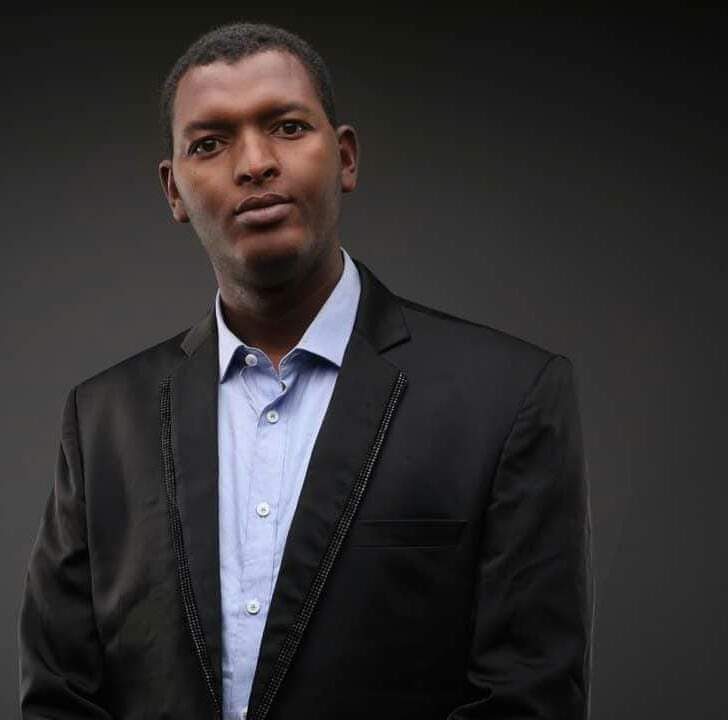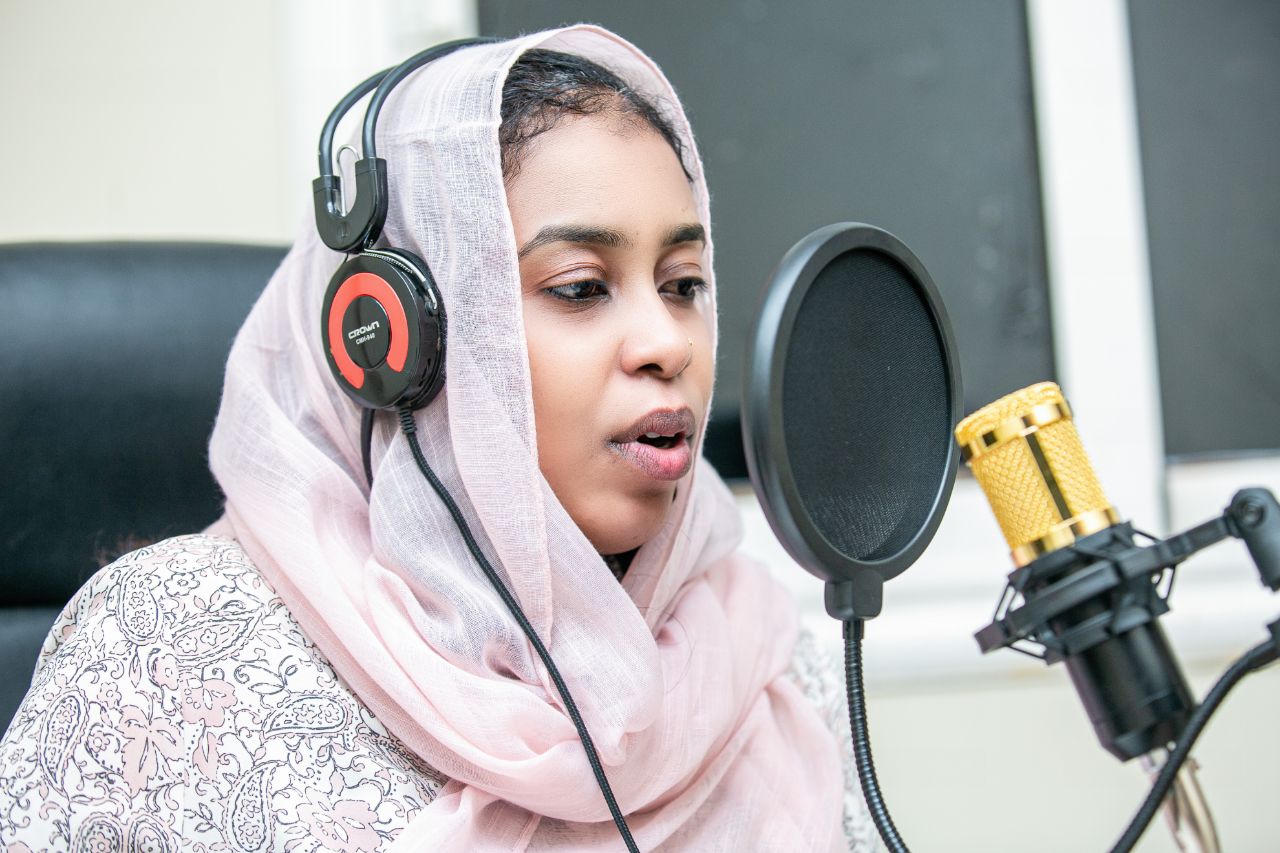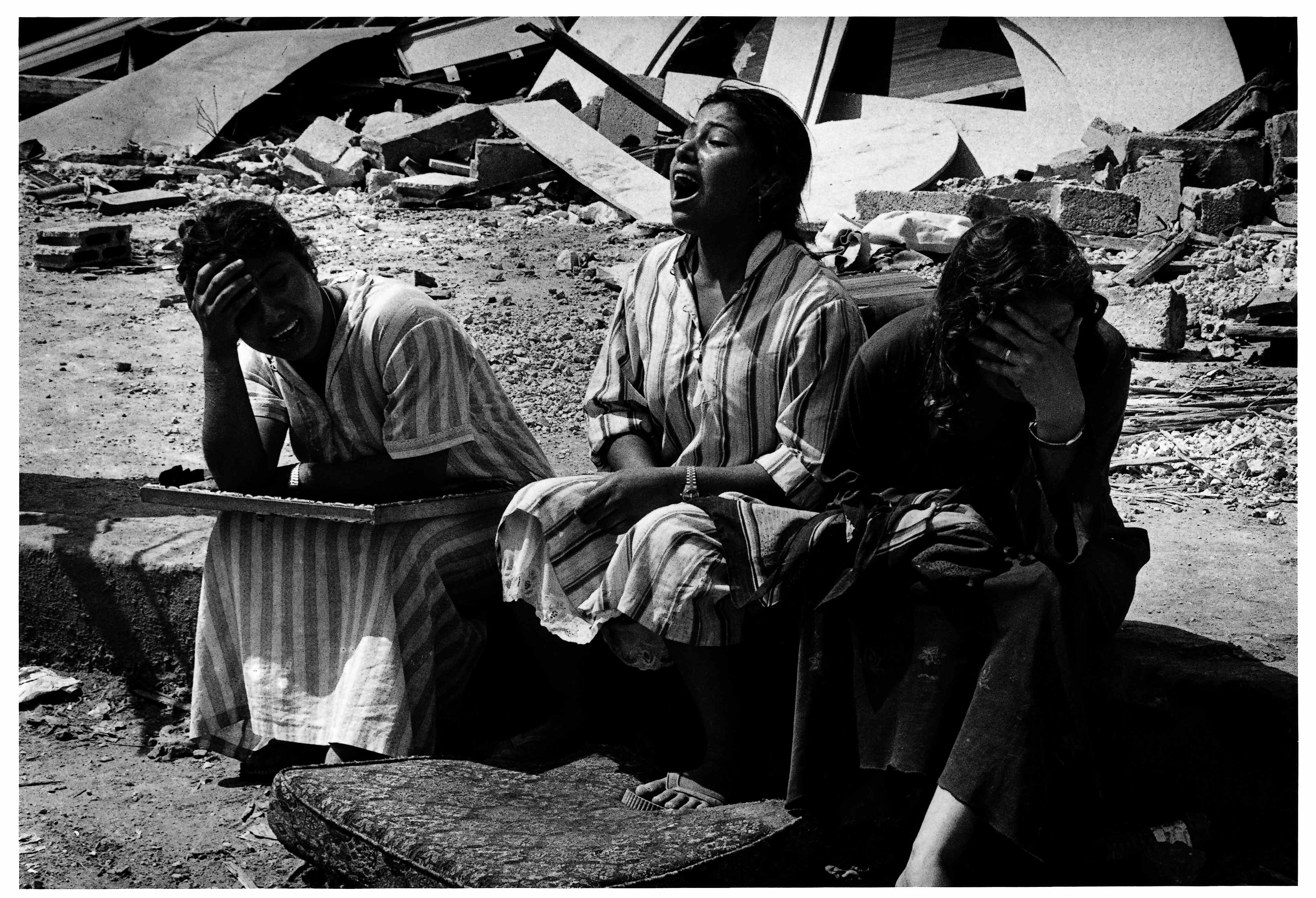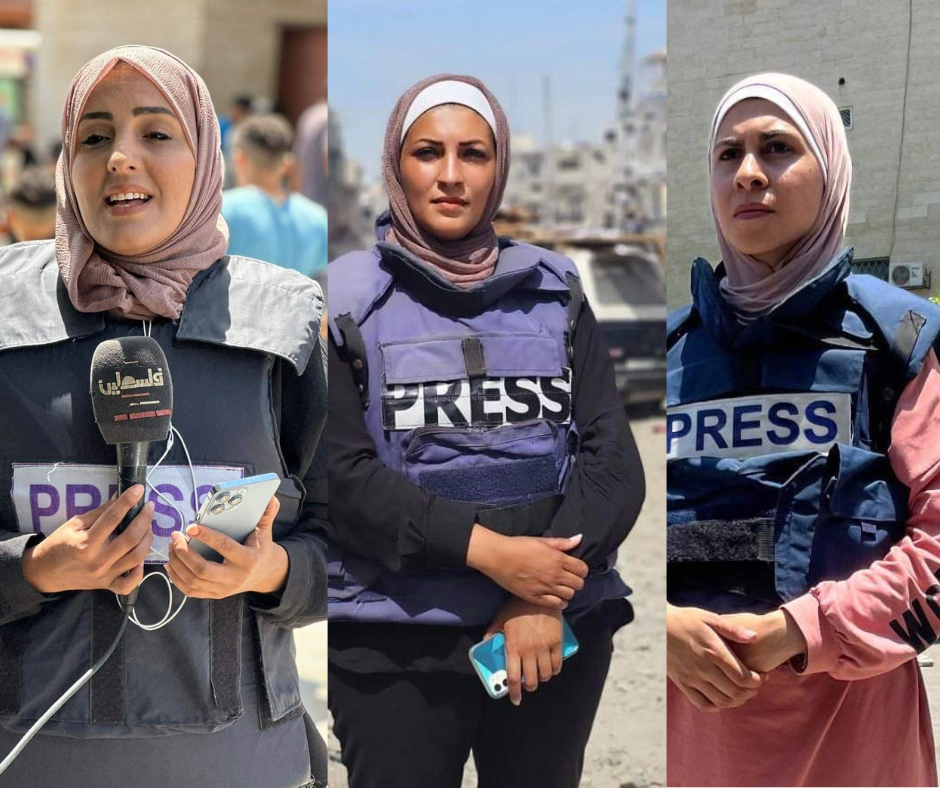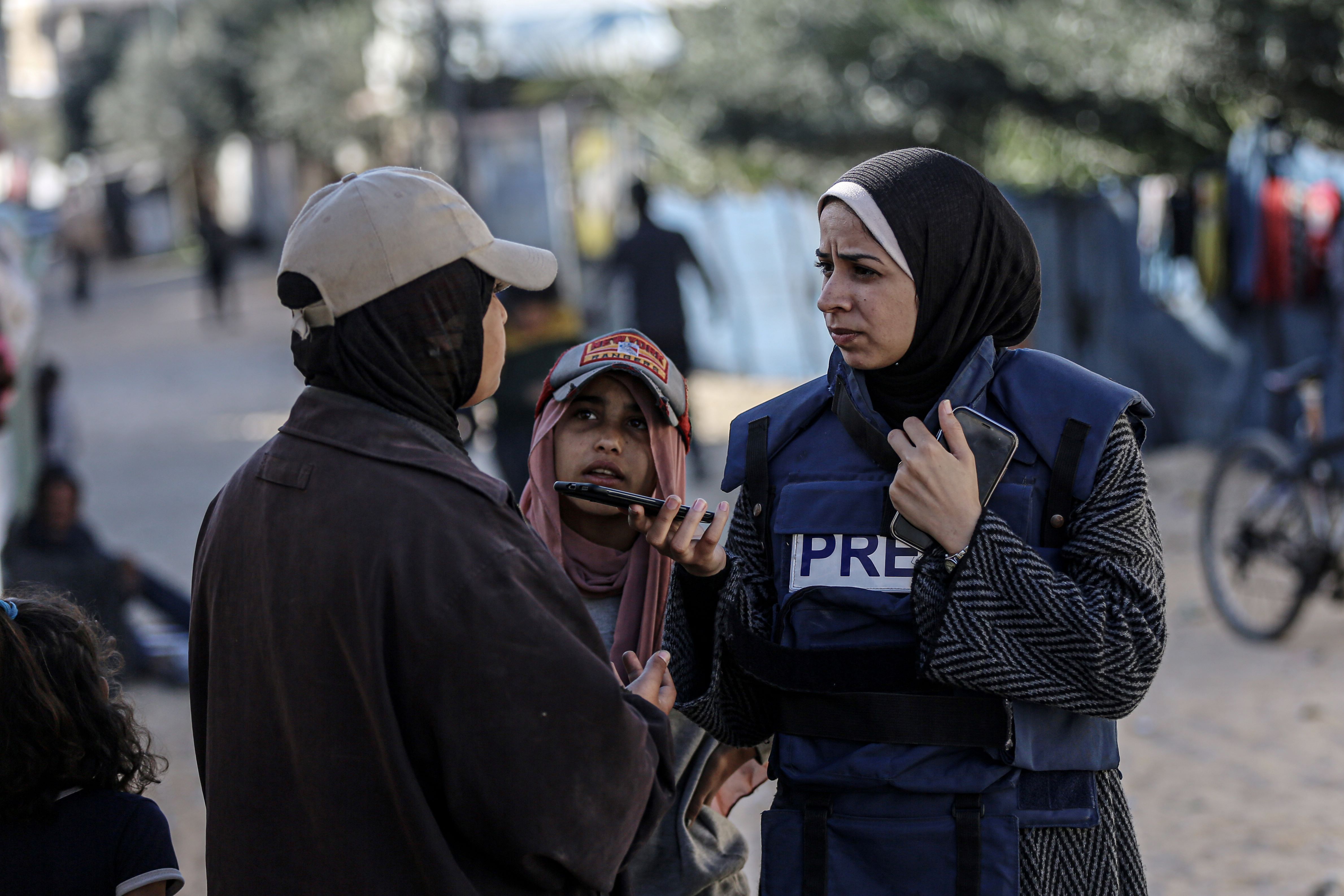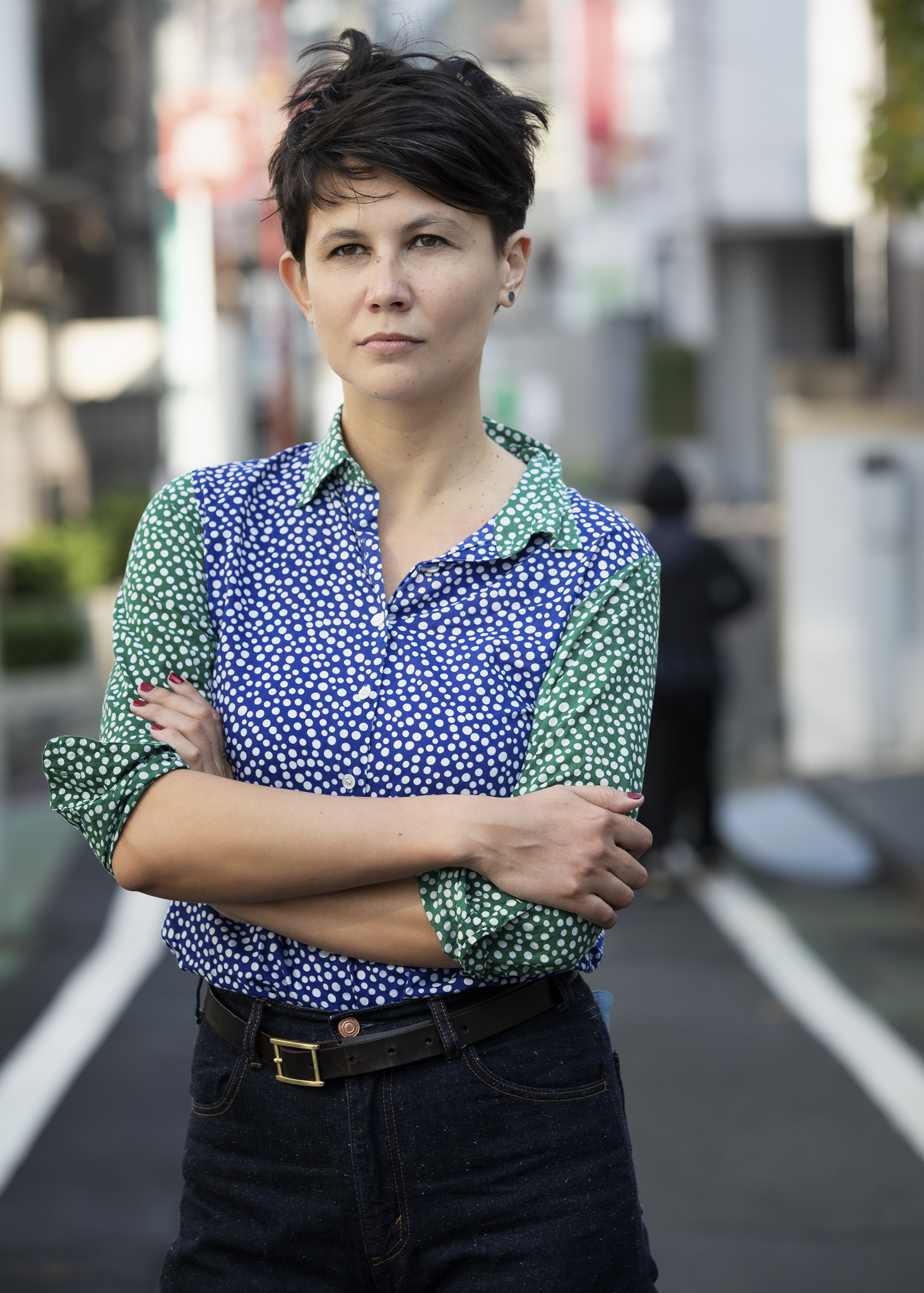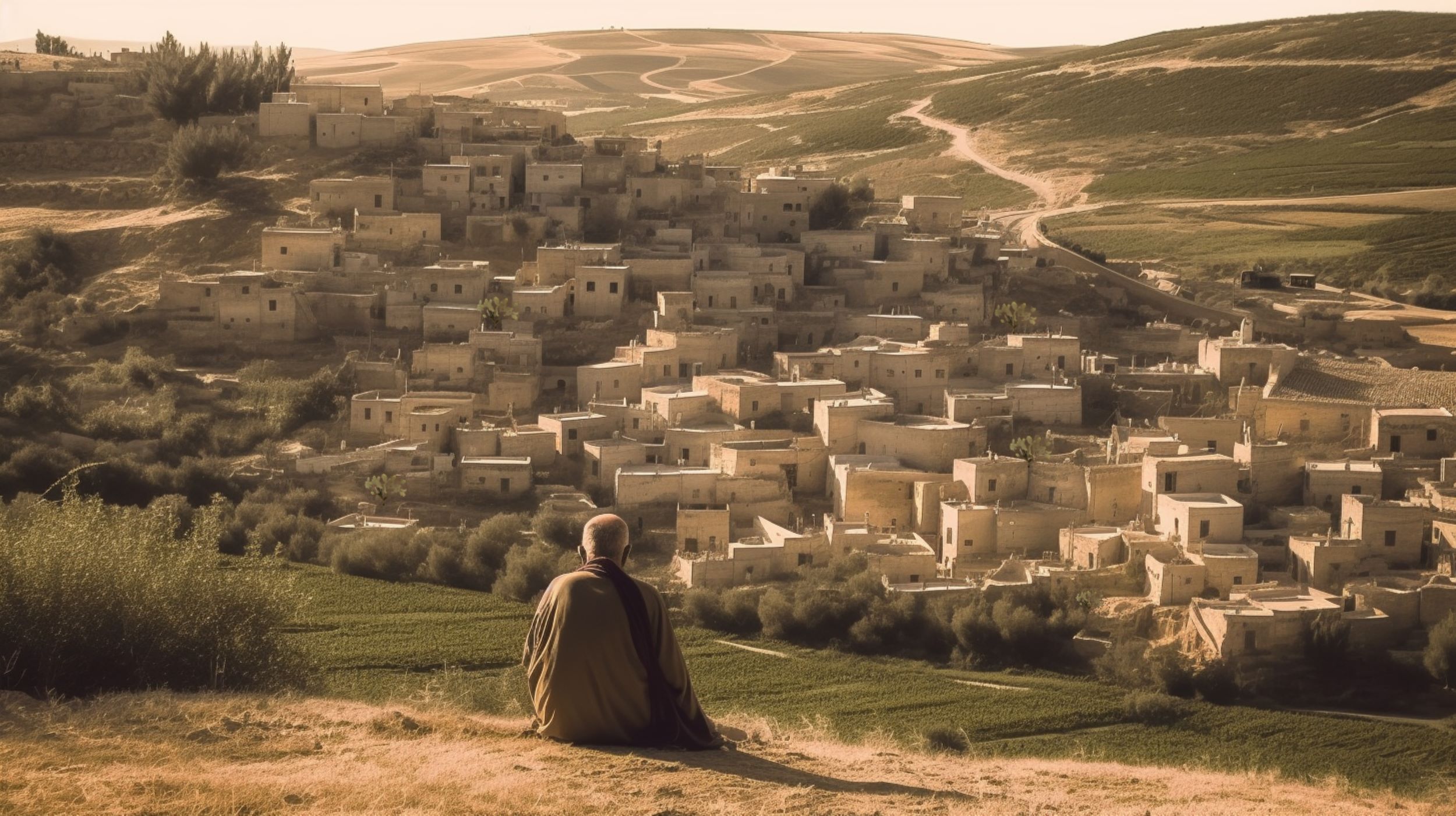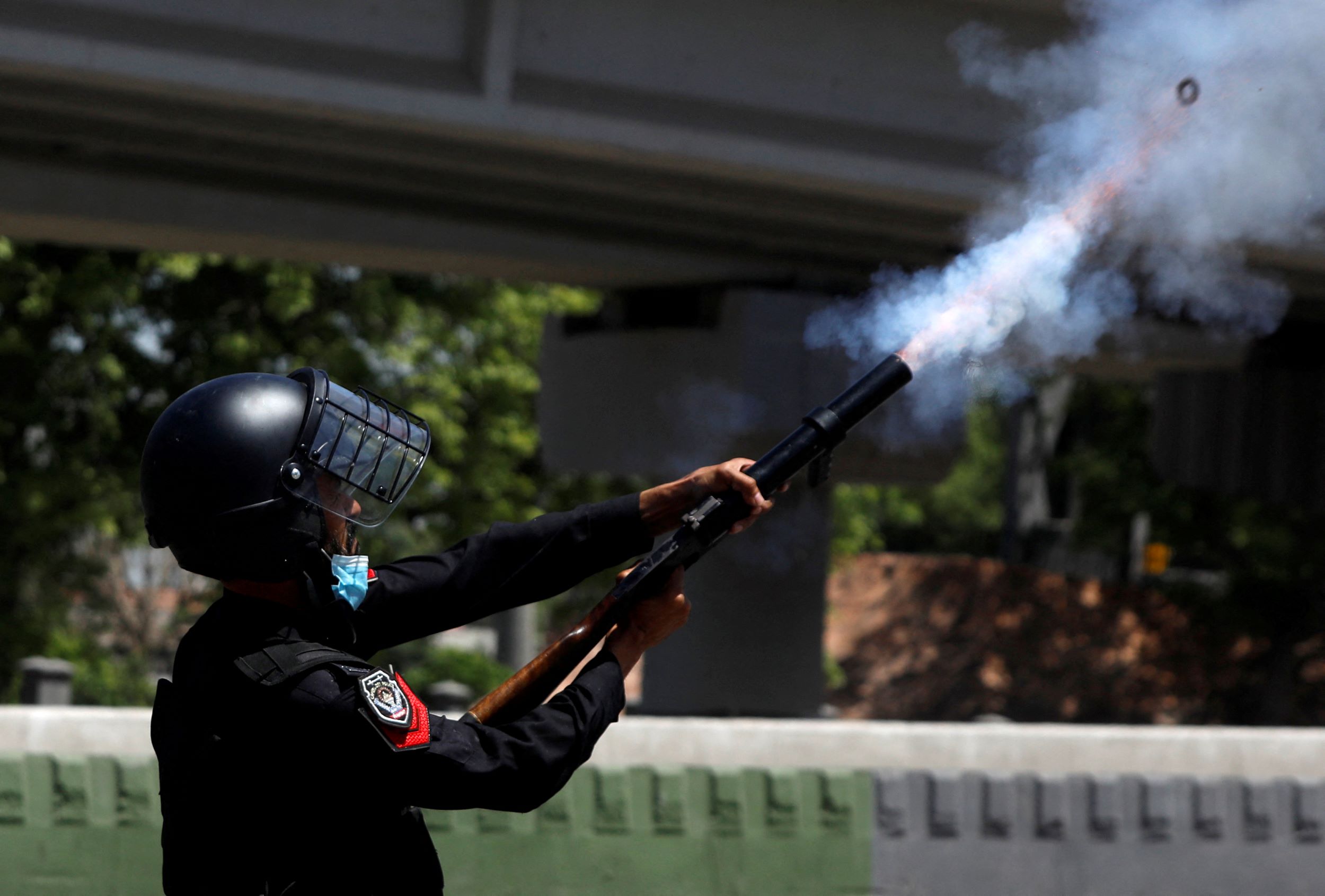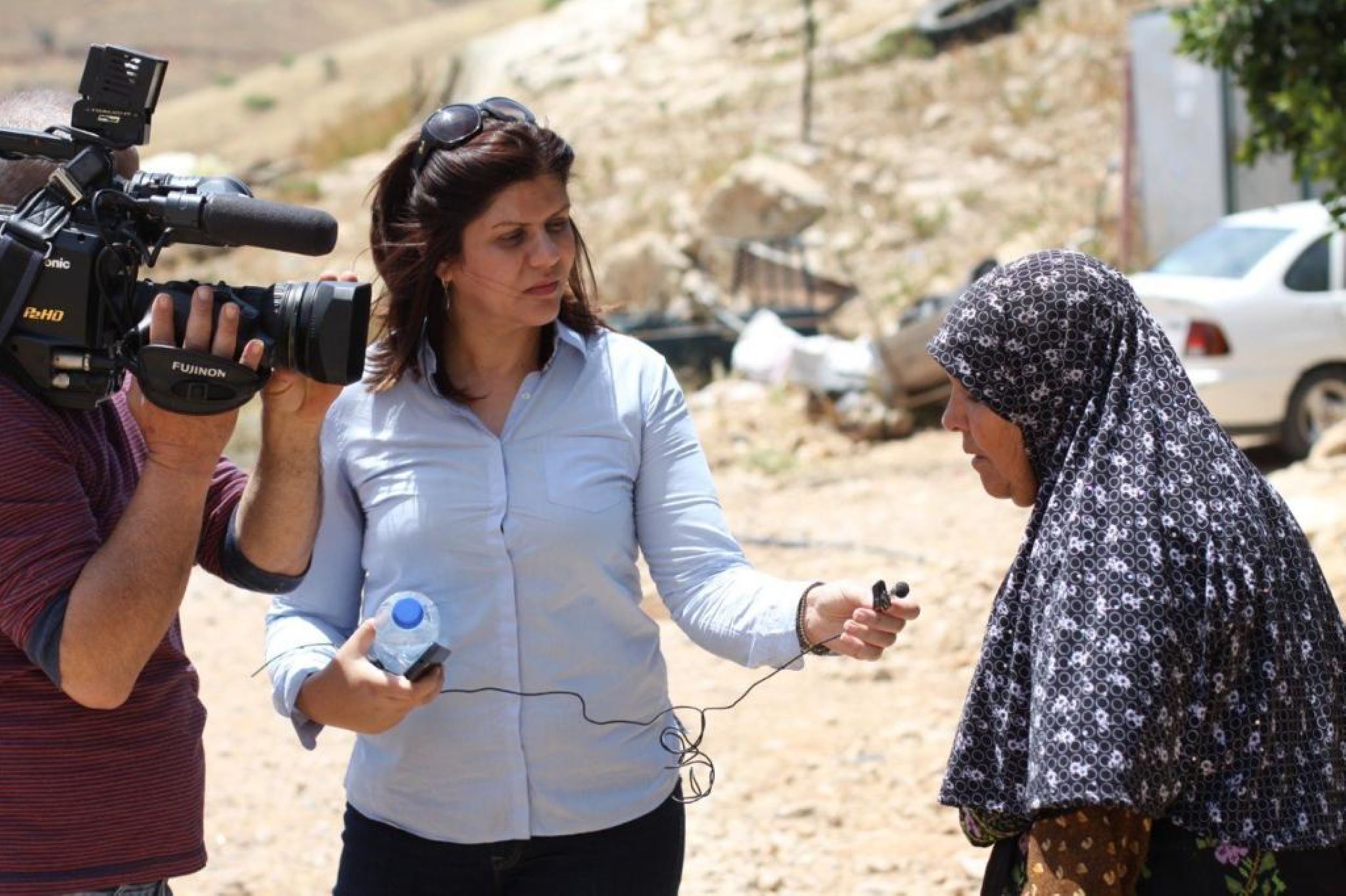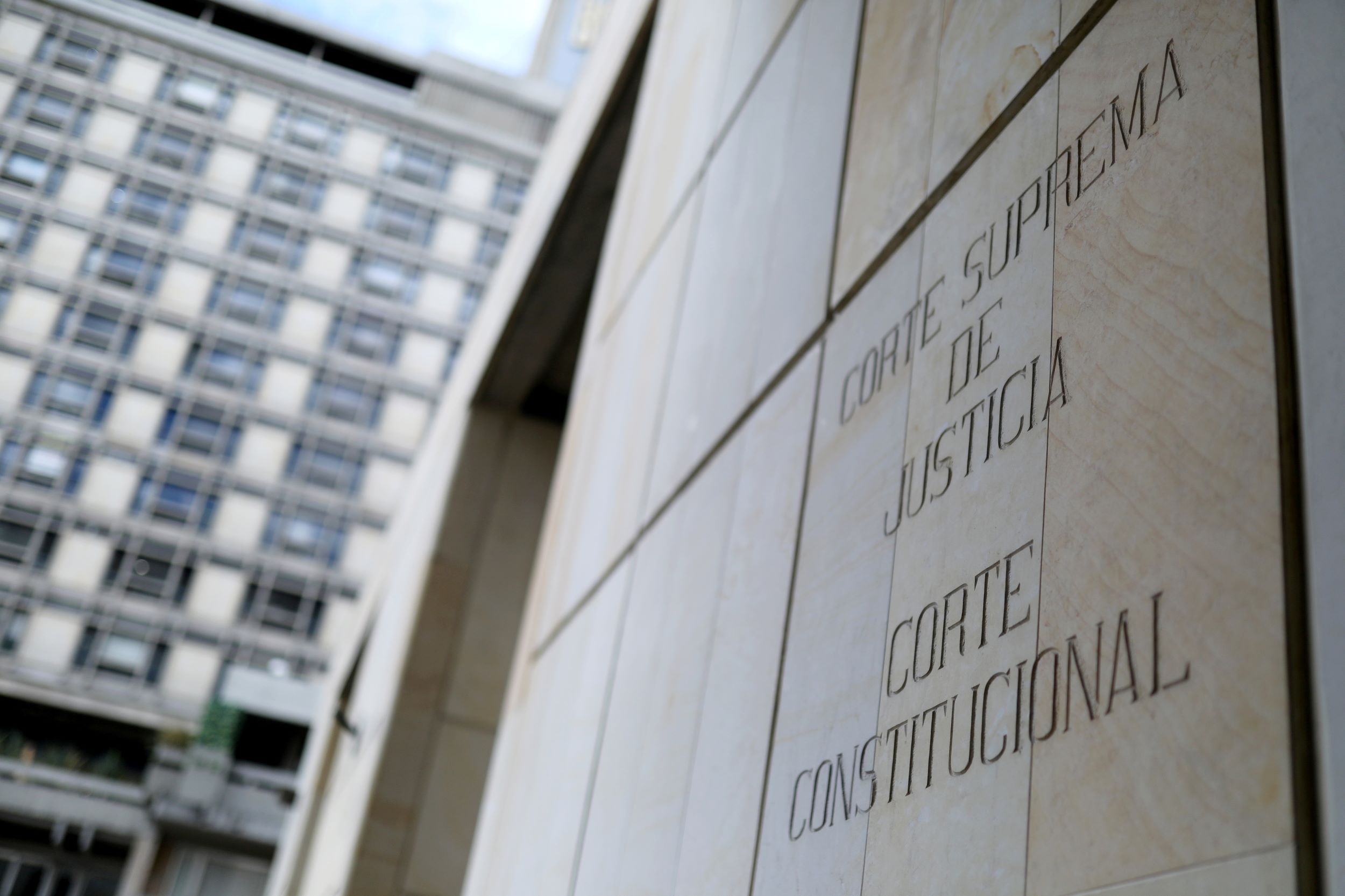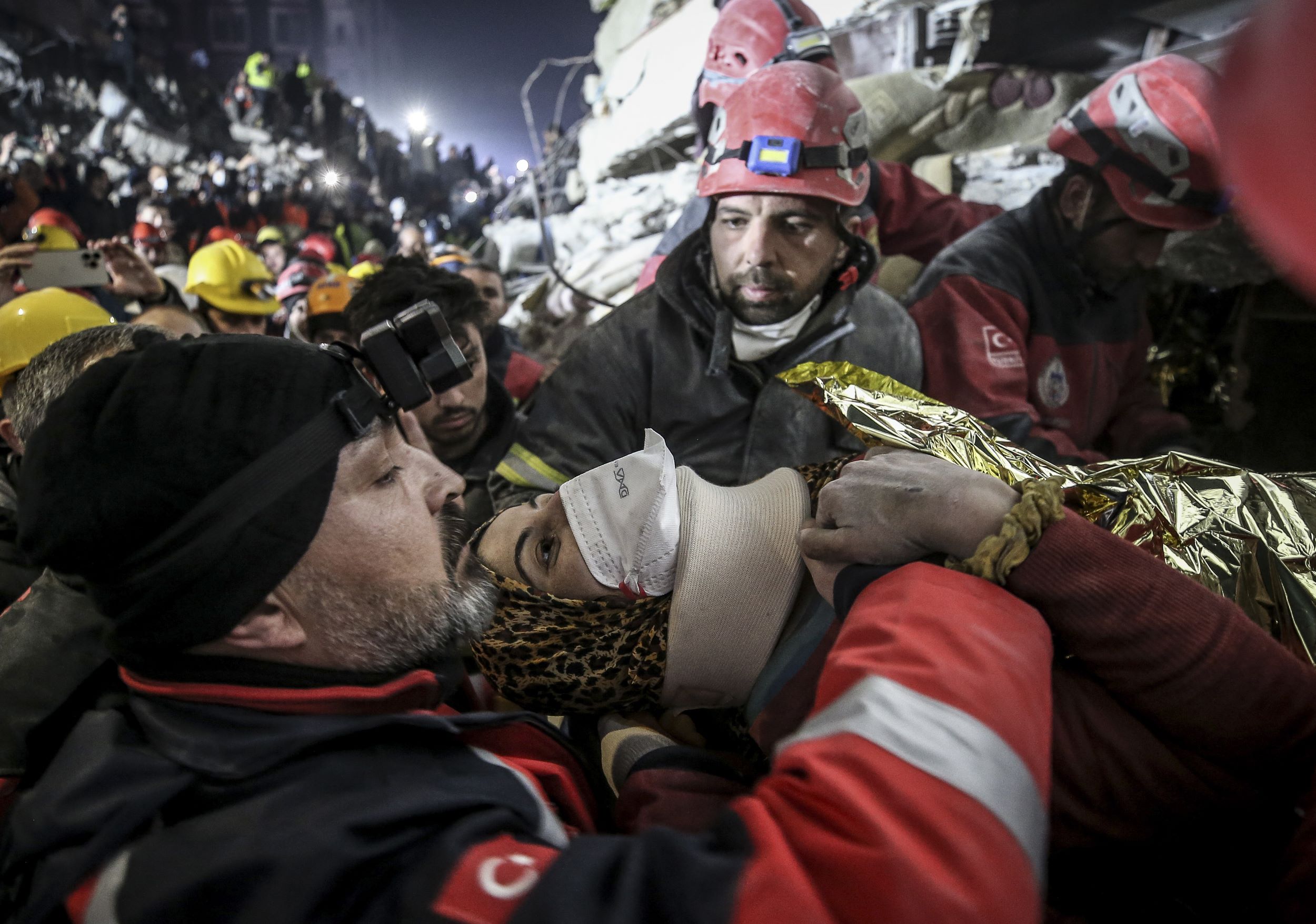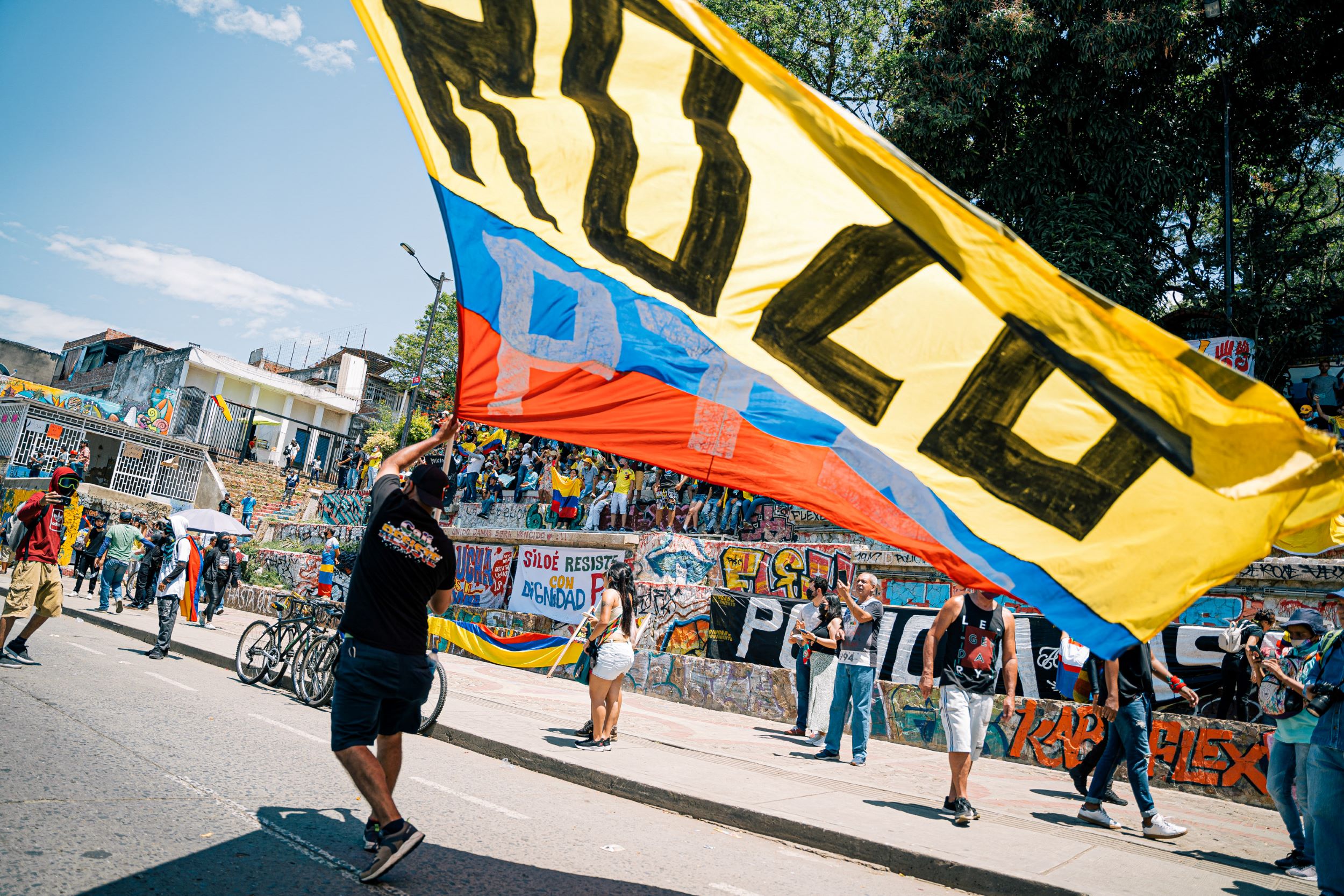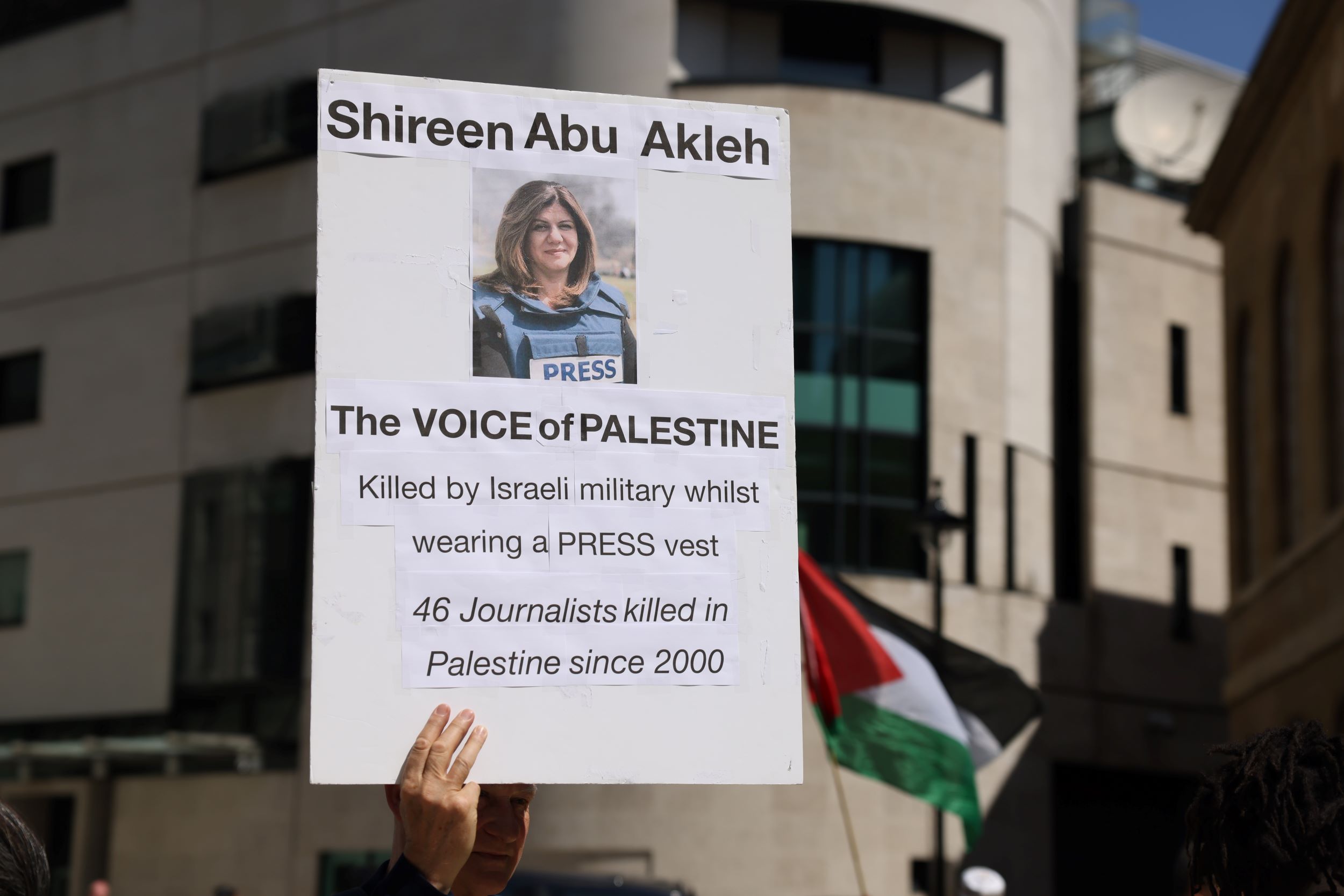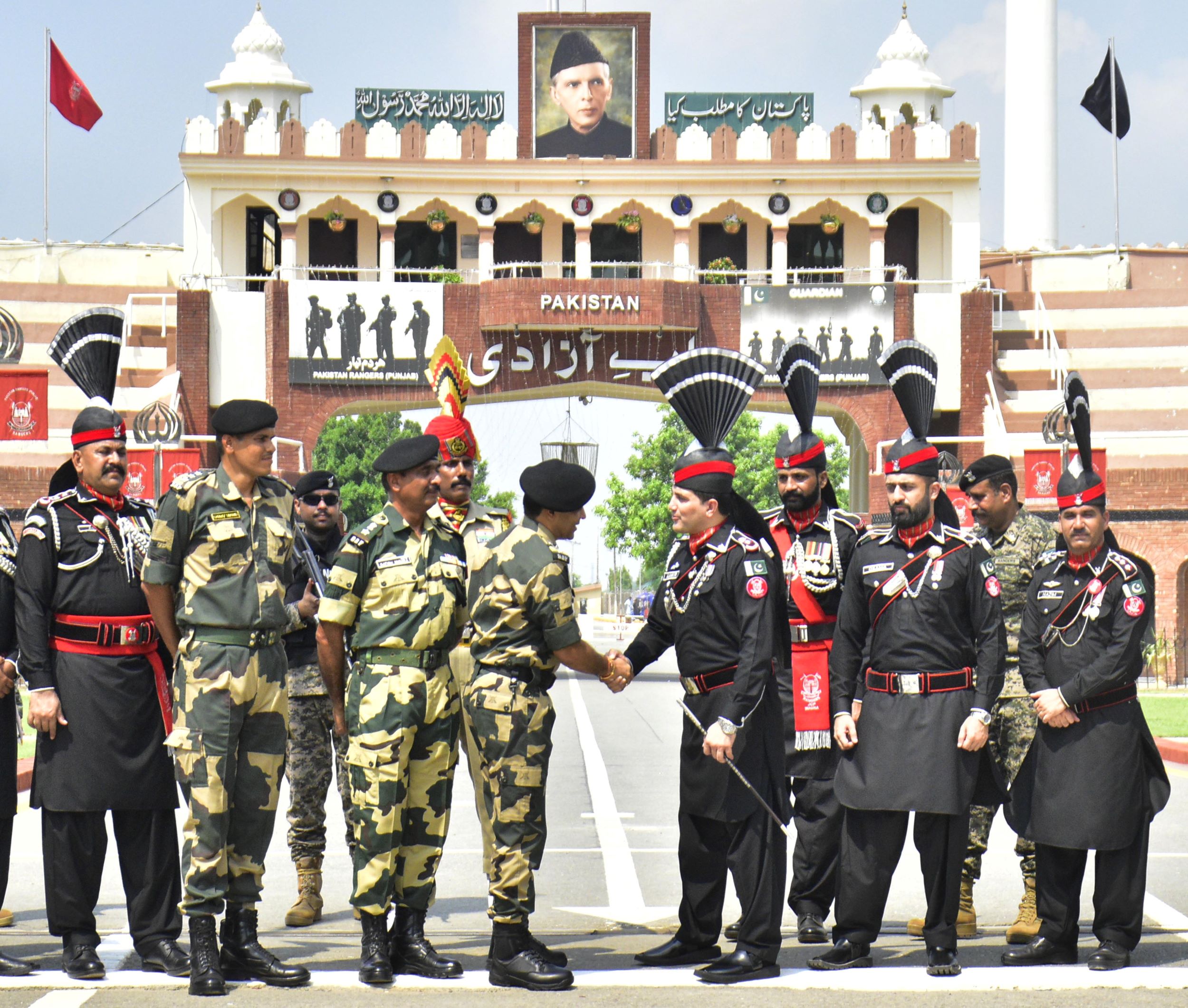لم تعد التغطية الإعلامية للأزمات أو النزاعات مهمة سهلة يؤديها كل صحفي في مقر عمله، بل أصبحت مسألة ذات أهمية بالغة لا سيما مع الحاجة إلى التحقق من الأخبار الزائفة، وعدم الانحياز لرواية أي من طرفي النزاع، وفوق ذلك السلامة المهنية وتجنب للاعتقال والمساءلة القانونية.
قبل أن نتحدث عن معايير التغطية الصحفية، تنبغي الإشارة إلى أن النزاع المسلح يعرف في اتفاقيات جنيف بأنه "حرب بين دولتين وأكثر أو بين دولة وحركة متمردة داخلية، ويشمل هذا التعريف جميع حالات الحرب المعلنة أو غير المعلنة التي قد تنشأ بين طرفين أو أكثر" (1).
مع اندلاع حرب شمال تشاد تشكل مشهد إعلامي غير مسبوق، كشف عن اتجاهات وسائل الإعلام المحلية إزاء الشأن الداخلي، ومسارات التغطية الإعلامية الدولية للأزمة.
يسلط هذا المقال الضوء على هذه المسارات، ويحاول الإجابة على سؤال: كيف يتقصى الصحفي من بيانات الحرب؟
الإعلام المحلي في قبضة العسكر
كما كان متوقعا، ظهرت معظم وسائل الإعلام المحلية، وتحديدا العامة منها، في هيئة الحليف للعسكر، موظفة مصطلحات عدائية ضد المعارضة في تغطيتها. يمكن أن نسوق أمثلة كثيرة منها ما قام به التلفزيون والإذاعة الوطنية وبعض الصحف التي كانت تصف المعارضة بـ "الإرهابيين"، و"الخارجين عن القانون" وغيرها من المصطلحات التي تشكل انتهاكا لأخلاقيات المهنة.
كما حاول الإعلام المحلي منذ بدء الحرب تقديم معلومات ملفقة عن الحرب، وكان دوره مقتصرا على البروباغندا أو الدعاية من أجل ضرب صدقية إعلام المعارضة. يبرر ذلك عبد الصادق علي، رئيس القسم العربي بالإذاعة الوطنية لمجلة الصحافة بقوله: "الإعلام العام يقع تحت مسؤولية الدولة، ويتحكم فيه وزير الإعلام وبالتالي لا يمكن فعل شيء يخالف خطه التحريري".
تحيزات الإعلام الدولي
استمرت مؤسسات إعلامية دولية متهمة بمحاباة العسكر على نفس المنوال، ولم تخل تغطياتها من عبارات كـ "المرتزقة" و"الإرهابيين" القادمين من ليبيا. من بين هذه المؤسسات "سكاي نيوز العربية"، و"العربية الحدث"، وموقع "الخليج" التي كانت تتغاضى عن تقديم رواية الطرف الثاني الذي يصارع على السلطة.
يضاف إلى اتهامها بتفضيل سردية معينة، تركيزها على قضايا مثل الانتماءات العرقية للمعارضة، بينما التزمت وسائل إعلامية دولية أخرى الحياد وغطت الأحداث بحرفية عالية. إذ أخذت مسافة من جميع الأطراف وركزت على قضايا مثل تأثير التغيرات السياسية والعسكرية على حياة المواطنين. تقول هبة مرجان، مراسلة الجزيرة الإنجليزية، لمجلة الصحافة: "في تغطيتنا لحرب تشاد كنا نحرص جدا على تحقيق التوازن في نقل الأحداث، وقد تحدثنا مع مصادر عسكرية في الحكومة والمعارضة، وكان الهدف هو التثبت من المعلومات والبيانات المتعلقة بالمواجهات".
واجهات إعلامية
خلال فترة الحرب برزت واجهات إعلامية عدة، تعمل على نشر أخبار المواجهات بين الحكومة والمعارضة، وإيصالها إلى الجمهور عبر شبكات التواصل الاجتماعي. من أبرز هذه المنصات Toubou Media التي كانت تروج لثقافات قبائل التبو. ومع الوقت، تحولت إلى واجهة لفصائل المعارضة، إذ غطت أخبار الاشتباكات عبر شبكة مراسليها المنتشرة في كافة بلدات شمال تشاد، وكانت من المصادر الرئيسية في معرفة أخبار المعارضة.
استغلت بعض الواجهات الإعلامية التي برزت أثناء الحرب الفرصة لنشر قصص وصفت بأنها مزيفة لتأليب الرأي العام باستخدام صور أرشيفية على أنها حديثة وحصرية. كما اتُهمت صفحة للجيش الوطني Armée nationale Tchadienne بنشر إشاعات عديدة أبرزها خبر اعتقال زعيم حركة الوفاق محمد مهدي من قبل الجيش، وبعد بضع دقائق فقط سحبت الخبر وعادت الصحف والمواقع التي تناقلته للاعتذار.
لم تقتصر عملية نشر الشائعات على الإعلام المنحاز للعسكر فحسب، بل إن صفحة إعلام جبهة الوفاق من أجل التغيير في تشاد (FACT) المعارضة للحكومة نشرت أخبارا عن مواجهات لم تدر في الواقع، وقد تحققت من ذلك من خلال الاتصال بمصادر عسكرية من الميدان وأخرى حكومية.
ما وراء الزيف
الاخبار الزائفة تنتشر بوتيرة أسرع من الأخبار الحقيقية، وعلى عكس ما هو شائع فإن روبوتات الويب لم تكن، وحدها، السبب وراء انتشار هذه الأخبار الكاذبة.
أظهرت دراسة أمريكية أشرف عليها باحثون في معهد ماساتشوستس للتكنولوجيا ونشرت في مجلة "ساينس" (2) أن الأخبار الكاذبة تنتشر بوتيرة أسرع، وتصل إلى عدد أكبر من الأشخاص مقارنة بالأخبار الصحيحة. وهدفت الدراسة التي تناولت انتشار الأخبار والمحتويات الزائفة عبر منصة تويتر إلى معرفة الأسباب وراء هذه الظاهرة.
واستند الباحثون في دراستهم إلى تحليل مضمون حوالي 126 ألف تغريدة باللغة الإنجليزية نشرت بين عامي 2006 و2017، حيث قام ثلاثة ملايين شخص بإعادة تغريد هذه القصص الإخبارية المزيفة أكثر من 4,5 مليون مرة.
وخلص الباحثون إلى أن المحتويات الزائفة بأشكالها المختلفة؛ سواء النصوص، أو الصور، أو الفيديوهات لديها فرص انتشار بنسبة تتجاوز 70% مقارنة بالمحتوى الحقيقي. ومن بين العوامل المساعدة على ذلك الانتشار الواسع إعادة ارسالها بين المستخدمين فيما بينهم خصوصا الأصدقاء والمعارف. ورغم أن محتوى تلك التغريدات شمل عدة مواضيع إلا أن المواضيع السياسية نالت نصيب الأسد كما كان الحال خلال الانتخابات الأمريكية لعامي 2012 و2016. ويرجع الباحثون سبب انتشار هذا النوع من التغريدات إلى احتوائها على عنصر الإثارة، كما أنها تحمل مفاجأة غير متوقعة تثير مشاعر مختلفة لدى قرائها (مشاعر سلبية في الغالب كالخوف والاشمئزاز).
كيف نتحقق من بيانات الحرب؟
أولا، ينبغي التأكيد على أن توفر مزيدا من البيانات لا يعني بالضرورة توفر بيانات أفضل. فوفق أندرياس فورو تولفسن، كبير الباحثين في معهد بحوث السلام بأوسلو، "يجب ألا يأخذ المراسلون جميع البيانات على أنها حقائق غير متحيزة" (3).
إن الصحفيين بحاجة إلى معرفة من أين تأتي هذه البيانات؟ ما هو الحقيقي وما هو الزائف؟ ويمكن أن نجمل أهم خطوات التحقق أثناء الحروب في النقط التالية:
-
تقييم مدى صدقية المصدر، ثم فحص المحتوى وتحليله بتأن ودقة.
-
البحث عن مصدر بديل يجعل من عملية التثبت أكثر سلاسة وواقعية.
-
التشكك سمة من سمات المهنة، ويفتح أمام الصحفي فرصة للوصول إلى معلومات وبيانات أكثر دقة وموضوعية.
-
الفضاء الرقمي غير آمن، وليس كل ما ينشر فيه صحيحا؛ وبالتالي على الصحفي التواصل مع المصادر الحية بالميدان، والتي لها علاقة مباشرة بالحدث.
-
التحقق العكسي من المحتوى بواسطة التقنيات الحديثة أمر لا يستهان به ولكنه ليس الأساس، لأن الكثير من البيانات، خصوصا تلك المتعلقة بالحروب والأزمات، قد لا يوجد لها أثراً على الإنترنت.
-
الاستعانة بأهل التخصص وإعطائهم فرصة تقييم المعلومات والبيانات خطوة ناجعة.
المراجع:

